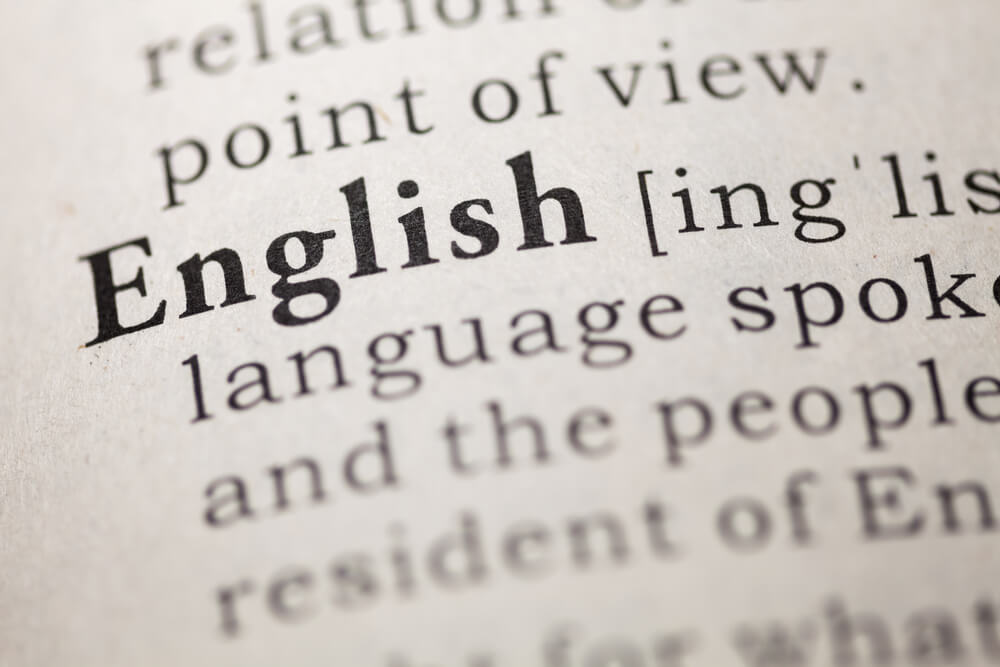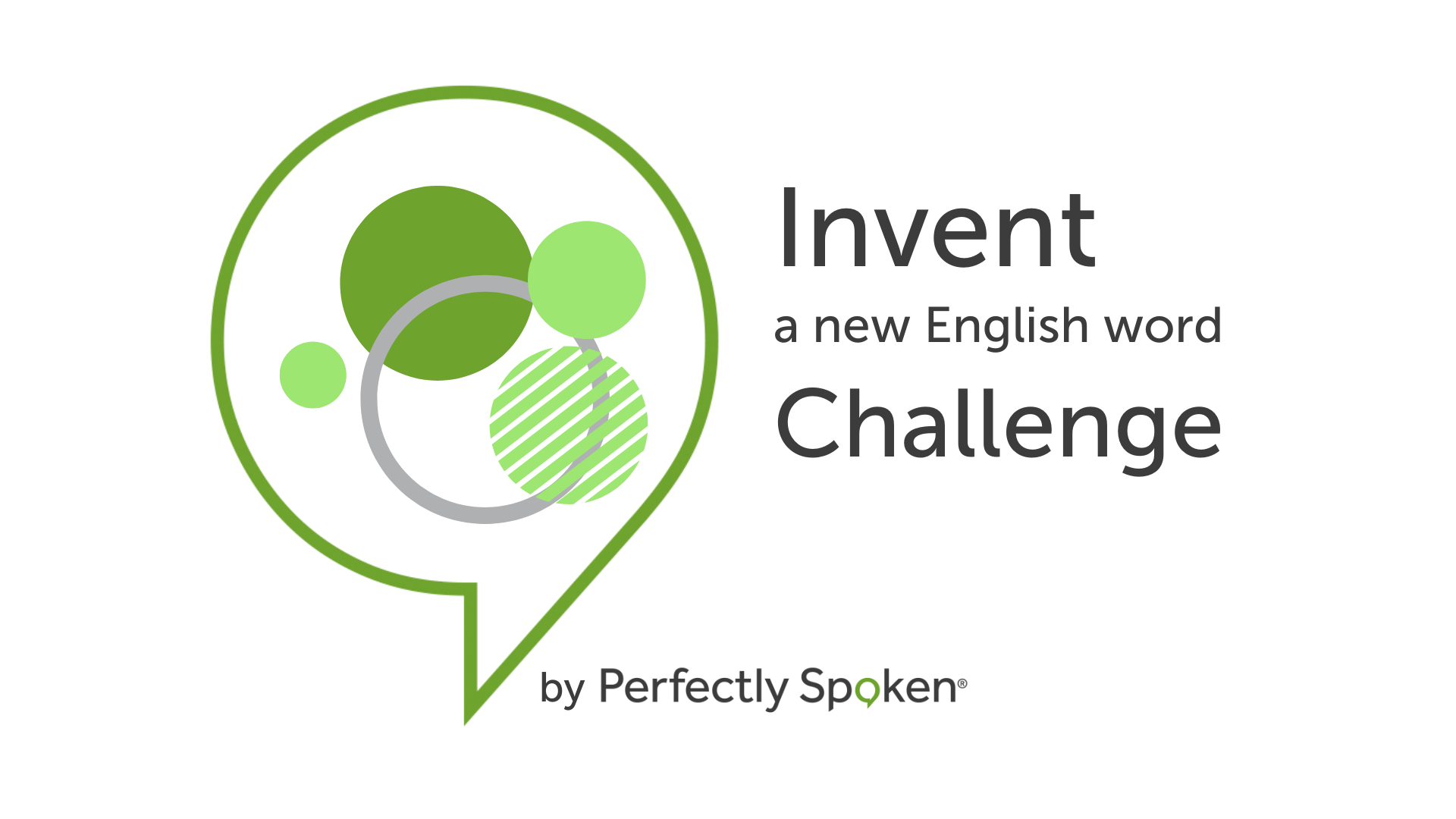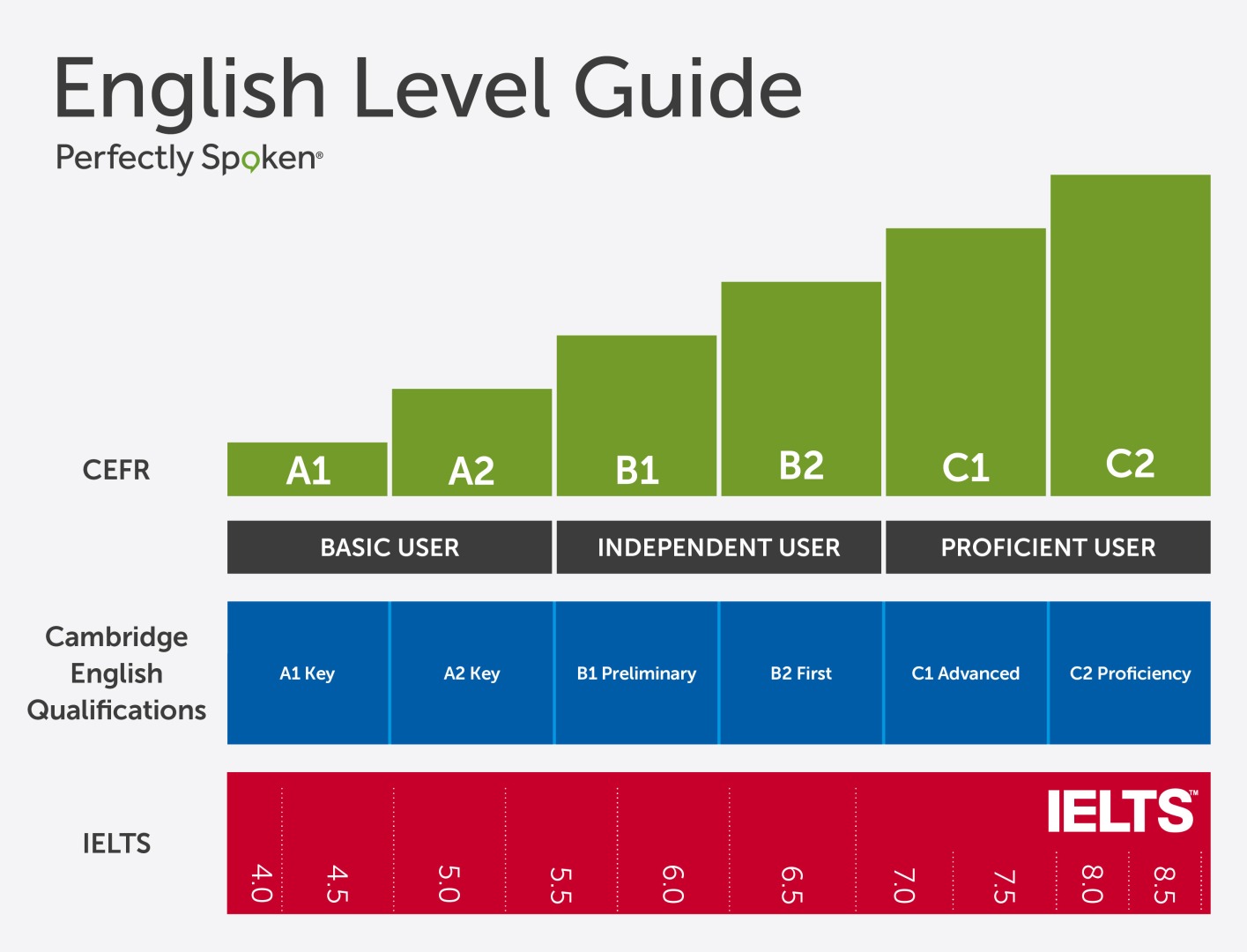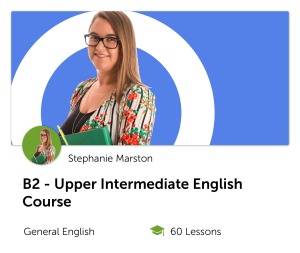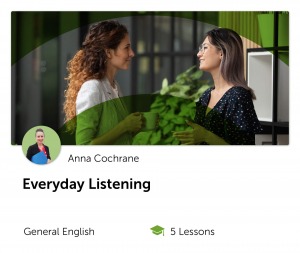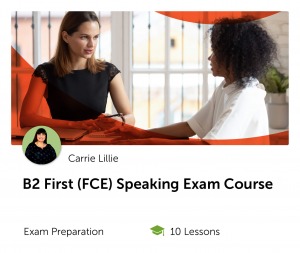Do you want to speak better English? You already study and take online lessons – that’s great! But what can you do by yourself, in just a few minutes a day, to become even better?
Here are three simple activities you can do anytime, anywhere. They are fun, free, and useful. And they work for all levels – from beginner to advanced!
1- Speak to yourself – Start a Voice Journal
Do you talk to yourself? Now you should! Every day, take 5 minutes to speak in English about your day. You can talk about:
- What you did today
- What you will do tomorrow
- Your favourite food, movie, or place
Use your phone to record yourself. Don’t worry about mistakes! Just speak.
- A2 (Elementary): Use short, simple sentences. “Today I went to work. I ate lunch with my friend. It was nice.”
- B1–B2 (Intermediate): Try to add more details. “This morning, I was tired, but I had a good coffee that helped me wake up.”
- C1+ (Advanced): Talk about ideas, feelings, or news. “I’ve been thinking about how social media changes the way we communicate.”
Why it helps: You practice speaking, pronunciation, and thinking in English. You’ll hear your progress over time!

2 – Copy native speakers – Try shadowing
Shadowing means listening and repeating what someone says in English. You copy the speaker’s words, speed, and voice.
Choose a short video (1–3 minutes) with subtitles. It can be a YouTube video, a TV show clip, or even a TikTok video. Play a few seconds, pause, and repeat exactly what they said.
- A2: Use slow English videos or children’s shows.
- B1–B2: Try TED-Ed, vlogs, or daily conversations.
- C1+: Watch interviews, news, or films.
Why it helps: You learn the music of English – the sounds, stress, and rhythm. You also learn new words naturally.
Bonus tip: Use websites like YouTube with playback speed controls to make it easier!
3 – Join the conversation – Comment online
Every day, find one post in English online that you like. It could be on: Instagram, YouTube, Reddit, A news website…
Write a short comment. It could be just one or two sentences:
- “This video is really interesting!”
- “I love this idea. It’s very useful.”
- A2: Write simple opinions or questions.
- B1–B2: Explain why you like or don’t like something.
- C1+: Share your thoughts, agree or disagree, and join discussions.
Why it helps: You use real English to write your ideas. You also learn from other people’s comments!
Extra idea: Try replying to another comment. Keep it kind and friendly!

Start today – Just 5 minutes!
You don’t need a teacher or a textbook to do these things.
Start with these 3 tips today:
- Speak your thoughts out loud
- Shadow a favourite video
- Leave one comment in English
All you need is:
- A phone or computer
- A little time (5–10 minutes)
- A habit
You don’t need a teacher or a textbook to do these things.
Your English will thank you!
Start improving your English skills today!
Start your 7-Day Trial now with access to a selection of video lessons and live practice sessions












